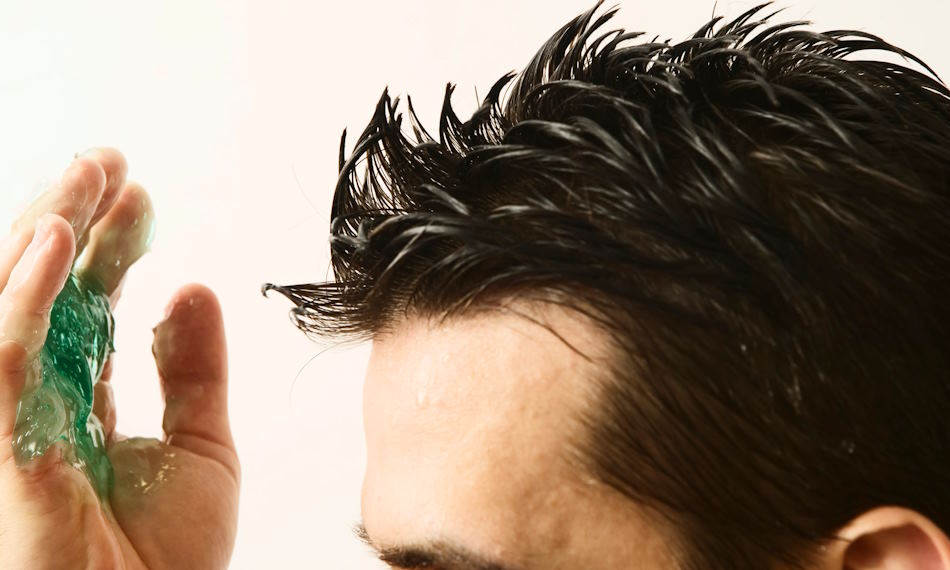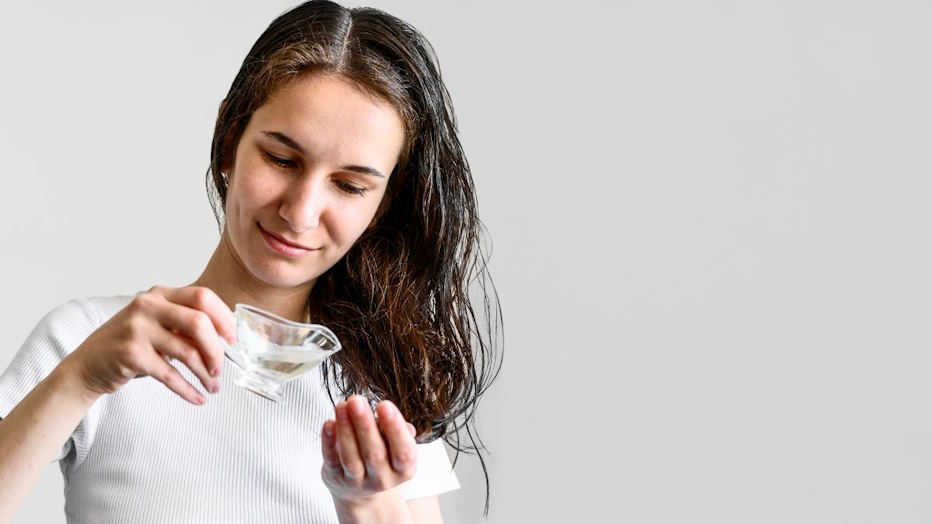The allure of perfectly styled hair often comes with a cloud of uncertainty: can hair gel cause hair loss? This query has led to widespread speculation and anxiety among individuals who rely on hair gel for their daily grooming routines. Amidst the numerous misconceptions circulating online and among social circles, it’s essential to examine the evidence-backed truths behind these claims. By exploring the relationship between hair gel usage and hair health, we aim to dispel misunderstandings and provide clarity on whether this popular styling product poses a genuine risk to your precious strands.
Myth #1: Hair Gel Causes Hair Loss
Ah, the big one: Does hair gel cause hair loss? It’s a valid concern. Imagine this: you style your hair every day with gel, and over time, you notice a few extra strands on your brush. It’s natural to wonder if the gel is to blame. Here’s the scoop: hair gel itself doesn’t directly cause hair loss. Hair loss is a complex beast with roots in genetics, hormones, and overall health. What gel can do is stick to your strands, making them more prone to breakage if you’re not careful when combing or styling. Think of it like putting glue on paper—it doesn’t dissolve into the paper fibers but sits on the surface. Similarly, hair gel sits on your hair, not your scalp where hair growth happens.

Myth #2: Hair Gel Blocks Hair Follicles
Another common worry is that hair gel blocks hair follicles like a clogged drain. Here’s the truth: hair gel is designed to coat your hair, not your scalp. Those follicles, where your hair grows from, remain largely untouched by gel. It’s like wearing a hat—it sits on your head but doesn’t smother your scalp. So, unless you’re dunking your head in gel every day and never washing it out, your hair follicles can breathe easy.
Myth #3: Hair Gel Ingredients Are Harmful
Ever read the back of a hair gel tube and felt like you needed a chemistry degree to understand it? Some people worry about harmful ingredients like alcohols and chemicals lurking in their hair gel. Here’s the deal: while some gels do contain alcohol to help them dry faster, it’s not the same as the alcohol you find in your favorite cocktail. These alcohols evaporate quickly, leaving your hair styled without the drying effects often associated with other alcohols. As for the chemicals, most gels are rigorously tested to ensure they’re safe for your scalp and hair when used as directed. It’s like using detergent to wash your clothes—safe in the right amounts and for the right purpose.

Myth #4: Hair Gel Leads to Thinning Hair
Concerned that gel is slowly thinning your hair? Before you toss out your favorite styling product, consider this: gel doesn’t magically make your hair strands thinner over time. Thinning hair is usually due to genetics, hormonal changes, stress, or other health factors—not your styling routine. If you’re noticing thinner hair, it’s worth talking to a dermatologist to rule out any underlying issues. Using gel responsibly and ensuring you’re not yanking or pulling at your hair during styling can help maintain its thickness.
The Role of Hair Gel in Hair Care
Now that we’ve busted these myths, let’s talk about the role of hair gel in your daily routine. When used correctly, hair gel can be your best friend for achieving that sleek, polished look or adding volume and texture. The key is moderation and proper application. Start with a small amount and distribute it evenly through damp or dry hair, focusing on the ends rather than the roots. This prevents buildup and potential damage to your strands. Remember, less is often more when it comes to hair gel!


